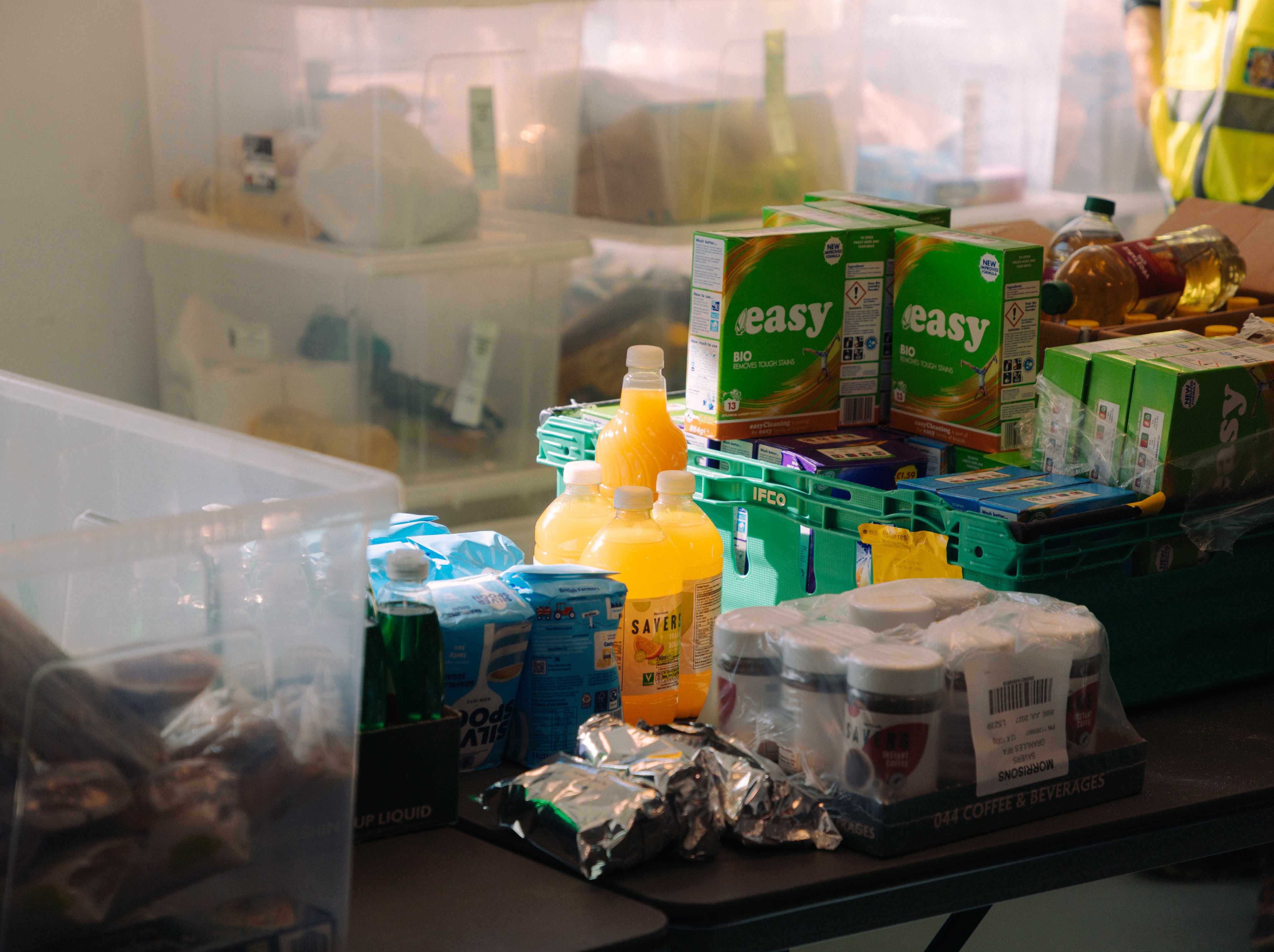#KeepTheLifeline: How evictions can pull people into poverty
In the second of this series of three blogs exploring people's experiences of the £20 Universal Credit uplift, Georgette Thomas, working with JRF’s campaigning partners, has spoken to Matthew, who is rebuilding his life after being made homeless.
Matthew was left homeless when he lost his privately rented flat one weekend without warning – an eviction that was eventually recognised in the courts as unlawful.
This sudden, unexpected change in his circumstances pulled him into poverty. His focus each day became one of survival, where he would sleep and how he would eat. His life unraveled, mental health deteriorated, and he lost his job.
Up until that weekend, life had been very different for Matthew, who is 37 and lives in Leeds.
“I was an appointment manager for a windows home improvement company,” he says. “I was earning well and often doing 70 hours a week. There is that stat that someone is only ever two or three pay checks away from being homeless. You just don’t know the circumstances that might crop up. I didn’t have savings.”
When he was in his twenties, Matthew had money to pay for all his bills, regularly socialise with his friends, go to football matches and buy clothes.
“I was a big follower of Barrow Football Club,” he says. “I used to follow them all over the place to away games. I haven’t been to a game for about two years now; I don’t have the money. I am also into computing and gaming but I don’t even have a computer any more. I used to socialise with friends, but the only social life I have now is going to church a couple of times a week.”
"Bruised and battered by life"
It was Matthew’s local church that helped him out when he was homeless by providing a place in St George's Crypt for him to sleep.
“My landlord turned up and changed the locks. He evicted me – that is how I ended up in the crypt originally,” says Matthew, who now lives in a council flat. “Because I lost my home, my priority was accommodation, going to the council every day. Eventually I wasn’t turning up at work enough so I lost my job.”
The eviction was sudden and devastating: “The landlord phoned one weekend and said ‘I want you out by Monday’. I came back and all my things were out in the yard. He had changed both the locks on the door. I ended up taking him to court and two years down the line I got money.”
The church has become an important part of Matthew’s life, as has a Leeds-based Christian charity called Lighthouse.
“Lighthouse in my church is for people that have been homeless or bruised and battered by life,” says Matthew. “I met Dave (Project coordinator at Unity on Poverty Action) when I was homeless a few years back and since then I have been sitting on meetings for the council to come up with a strategy for people who are homeless, and I’ve also done some media interviews about going to food banks.
Going to church and trying to help other people is the best I can do right now.
“Lighthouse have a service in the church each week. I was religious but not practising before. My faith has got me through. For three years or so I have been volunteering for the church, helping out at meetings really. Going to church and trying to help other people is the best I can do right now.”
Matthew was also able to eat at the crypt until the pandemic.
“The crypt can’t do meals now,” he says. “It’s walk-through and a cup of soup because of COVID-19 so I have been going to food banks.”
"Social security is vital"
Matthew is trying to move forward with his life. He’s unable to work at the moment, as he has been medically signed off with depression, anxiety and stress, due to his experiences, but he volunteers to help others as much as he can at church, and has signed up for a course at college.
“I am going to do a 12-week adult social care course,” he says. “I just need to get a computer to do it on because it is all online now. I just need an old tablet or laptop.”
Matthew’s old life is out of reach for now – he says each day is a struggle and without the extra £20 per week uplift to Universal Credit since COVID-19 began he is unsure how he would survive.
“Living on Universal Credit is hard; it’s extremely hard,” he says. “It is literally living day to day and working out where my next food is coming from. How do I put the electric and gas on? It is horrible. It is a matter of surviving.
I am aware of the extra – if it wasn’t for that I don’t know how I would survive.
“My money went up a few months ago with the £20 extra but I’ve also had deductions. I am aware of the extra – if it wasn’t for that I don’t know how I would survive. It is a struggle – sometimes I have to choose between food or electric.
“Social security is vital, even though it has been cut – but at least it’s something.”

This story is part of the social security topic.
Find out more about our work in this area.